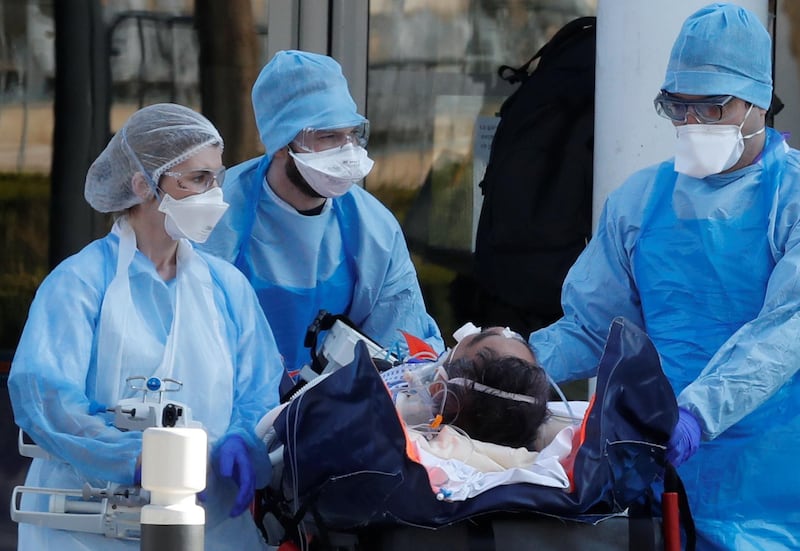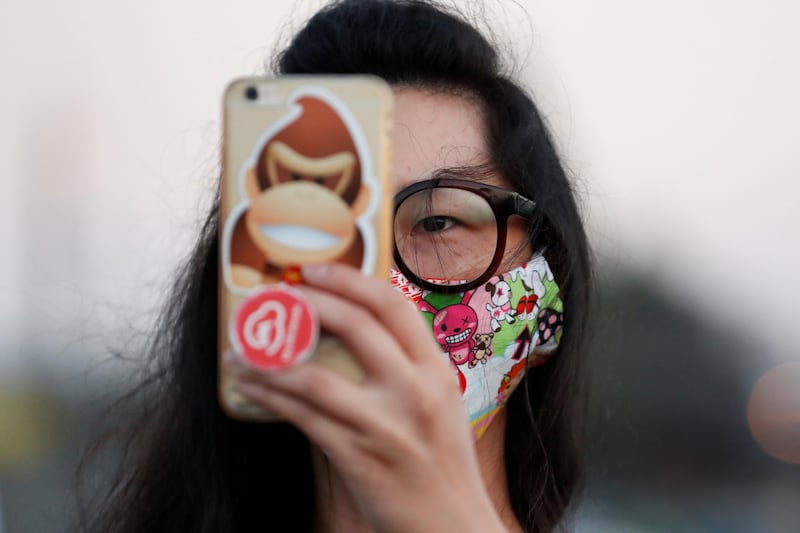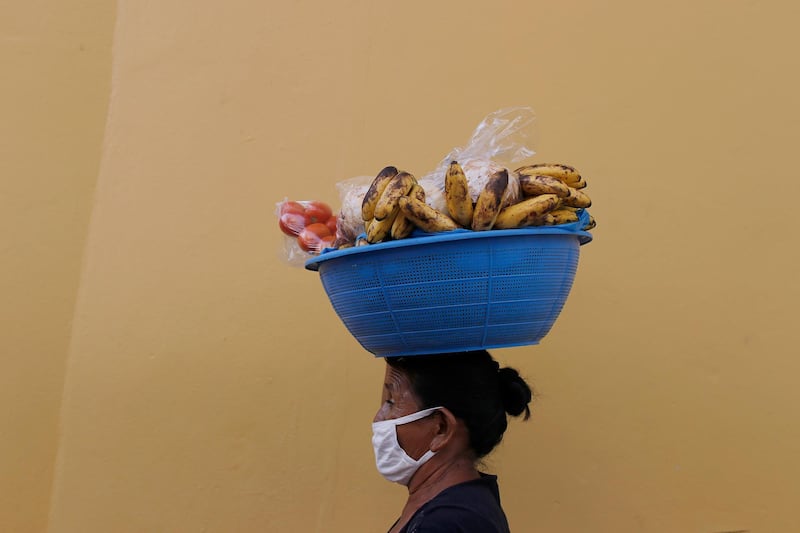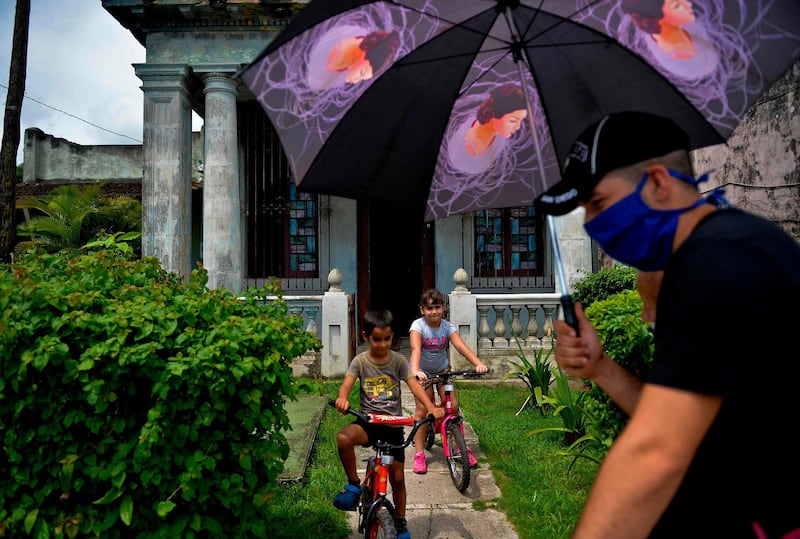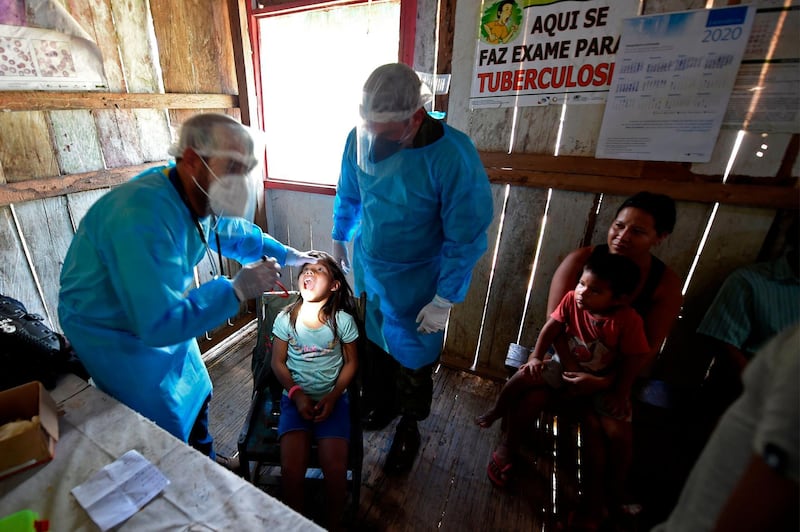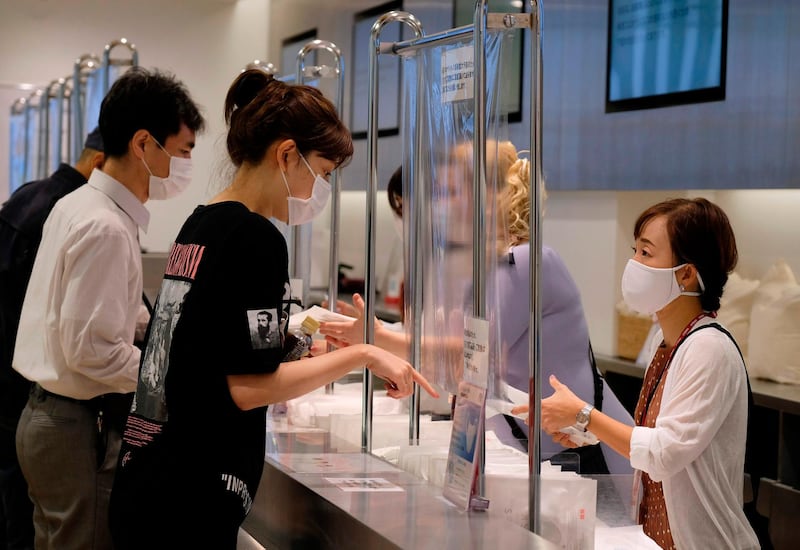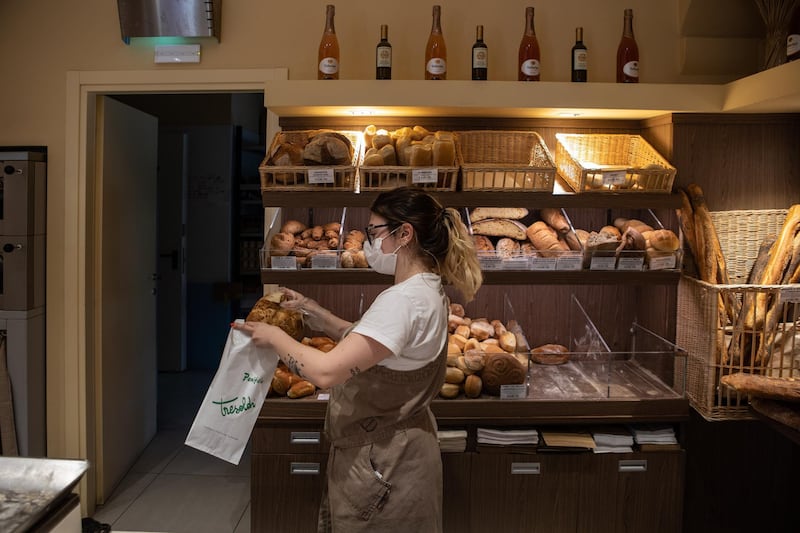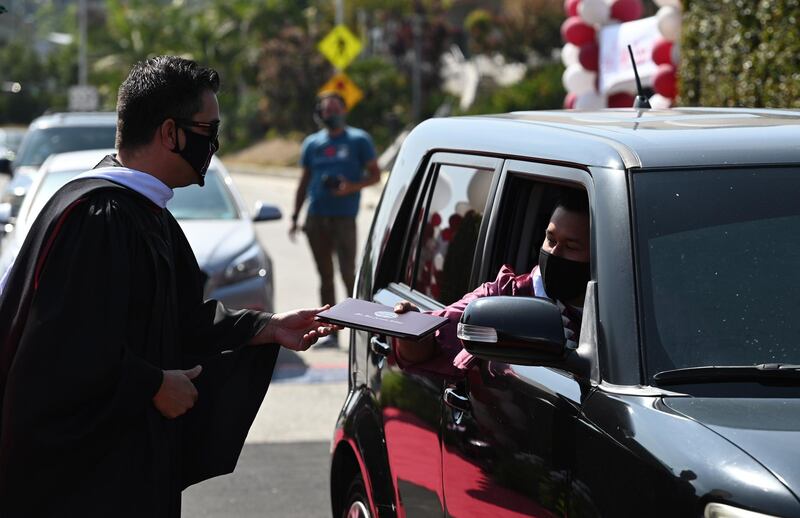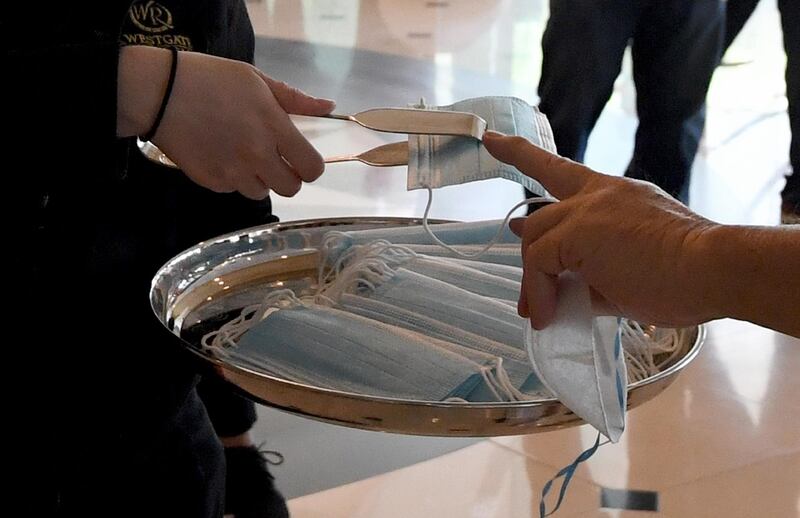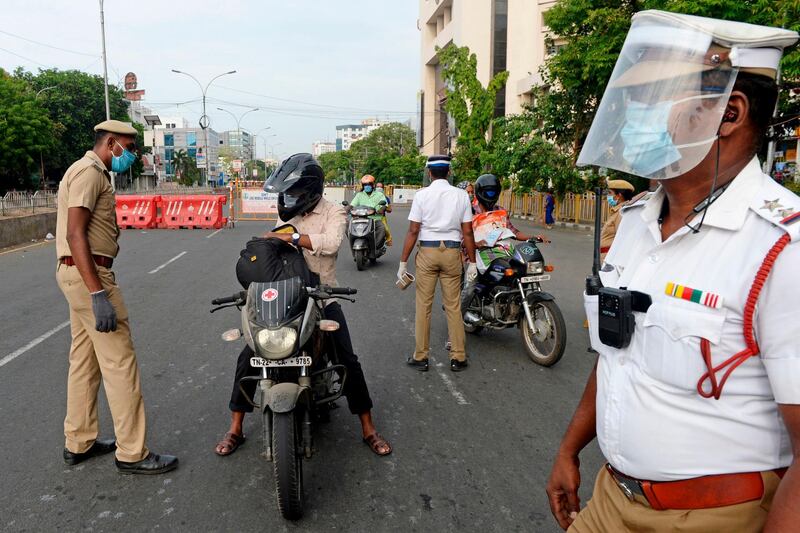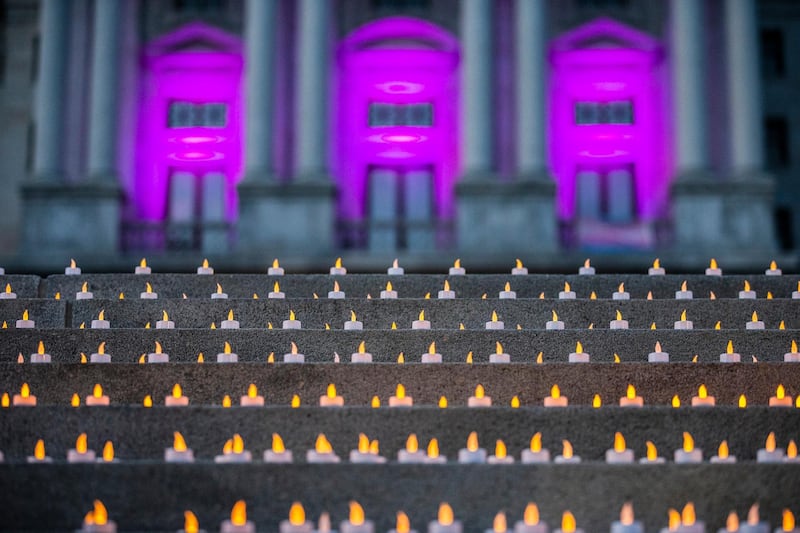People of South Asian descent are most likely to die from Covid-19 after being admitted to hospital in Britain, due at least in part to their increased likelihood of having diabetes, a major study has revealed.
Scientists from the University of Edinburgh investigated ethnic inequalities in critical care admission patterns, the need for invasive mechanical ventilation and in-hospital mortality among patients in hospital with coronavirus.
The study, due to be published in the The Lancet science journal on Friday, is the largest prospective study of patients in hospital with Covid-19.
After enrolling 30,693 patients in 260 hospitals across the UK in the study researchers found a 19 per cent increase in the risk of death from Covid-19 for people from South Asian backgrounds compared with white people.
Professor Ewen Harrison, study lead and professor of surgery and data science and honorary consultant surgeon at the University of Edinburgh, told The National: "These findings once again put ethnicity front and centre in determining the effects of Covid-19. It is tragic to see any group in society to be at increased risk compared to others.
"Diabetes is more common in South Asian people and while this is likely to explain some of these findings, further research is needed to understand this association and the underlying reasons for this increased risk.
“There are important implications for policy – South Asian people are more likely to be in public facing jobs particularly in health and social care,” Mr Harrison added. “Policymakers should account for ethnicity when developing future guidelines around Covid-19.”
The experts said 40 per cent of those in the group of South Asian heritage had diabetes – a "significant factor" in their increased mortality rates.
The study found higher levels of use of critical care beds and ventilators by ethnic minorities compared with white Britons, even after adjustment for age, sex, deprivation and comorbidities, despite seemingly similar disease severity and similar lengths of time from symptom onset to hospital admission.
The researchers believe that the findings should help influence government policy.
“Ethnicity should be accounted for in the prioritisation of prevention treatment and future vaccination policy,” the paper said.
“Work is ongoing to devise risk-assessment tools to help mitigate the likelihood of coronavirus infection and manage the easing of lockdown restrictions. Careful consideration needs to be given in these tools to the weighting of ethnicity and mediators of risk such as diabetes.”
Another study by the UK Office for National Statistics found that black people were about four times more likely to die with the coronavirus than other groups. When accounting for socioeconomic differences, black people and people with Bangladeshi or Pakistani backgrounds were still at significantly increased risk of death compared with whites.
About 33 per cent of critically ill Covid-19 patients in the UK are from non-white ethnic groups, according to the Intensive Care National Audit & Research Centre.
Meanwhile Britain’s Health Secretary, Matt Hancock, lowered the country’s coronavirus threat level from four to three on Friday.
Level four signifies transmission the coronavirus is high or rising exponentially with social distancing enforced. Level three indicates the virus is in general circulation and restrictions can be relaxed gradually.
Very good news pic.twitter.com/hUPjXvAyPp
— Kevin Hollinrake MP (@kevinhollinrake) June 19, 2020
“The UK moving to a lower alert level is a big moment for the country, & a real testament to the nation’s determination to beat this virus,” Mr Hancock said on Twitter.
“The government’s plan is working. Infection rates are rapidly falling, we have protected the NHS &, thanks to the hard work of millions in our health & social care services, we’re getting the country back on her feet,” he added.
In a joint statement, the chief medical officers for England, Northern Ireland, Scotland, as well as the deputy chief medical officer of Wales said: “There has been a steady decrease in cases we have seen in all four nations, and this continues. It does not mean that the pandemic is over. The virus is still in general circulation, and localised outbreaks are likely to occur.
“We have made progress against the virus thanks to the efforts of the public and we need the public to continue to follow the guidelines carefully to ensure this progress continues.”
Despite this, the UK has been one of the hardest-hit countries in the world by the pandemic, which has killed more than 42,000 there.
